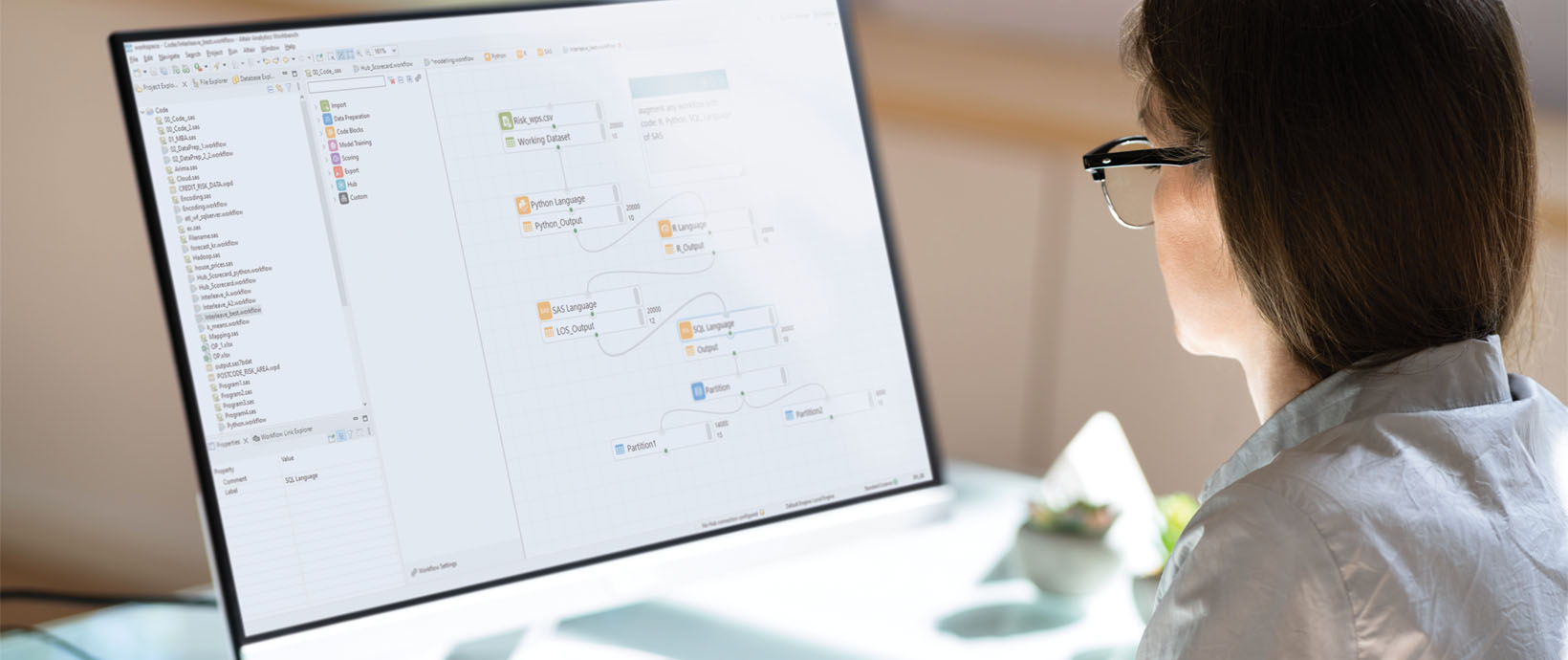Rx: Less Data Entry, More Patient Interaction
A long-held complaint in the physician/patient relationship has been the lack of interaction between the two – particularly during appointments. Patients often complain about long wait times, only to be seen by their physician for ten minutes or less. While patients have long voiced their frustration about this occurrence, they certainly aren’t the only group to take notice. Physicians are well aware that their time with patients is extremely limited. In fact, a new American Medical Association (AMA) study discovered that only one-third of physician time was free to interact with patients. At least 50% of physician time was devoted to the keyboard while another two hours each evening was dedicated to finishing data entry from the day.
Incidentally, the AMA - the premier national physician organization in the country - held its Annual Meeting in Chicago, IL last week. Among the many presentations and takeaways - including the release of an updated Code of Ethics - AMA Executive Vice President and CEO, James L. Madara, MD took to the stage to address attendees. He referenced the aforementioned study in his speech and discussed what he dubbed a “digital dystopia” - a state where digital tools are in fact creating vast inefficiencies and adding layers to the days of physicians.
Madara went on to explain the types of digital tools physicians love and want more of - tools that would simplify and better organize their lives, and also adapt to the natural variations in their practices - those that would free more time for patient interactions. Another plus would be tools that enable physicians and healthcare systems to remain compliant in terms of legislation and regulation.
Self-service Data Prep as a Remedy
Self-service data preparation tools such as Monarch may be just what the doctor ordered - literally. With Monarch, users within healthcare organizations are able to:
Furthermore, Monarch enables users to stay compliant with different and complex healthcare regulations and save significant time from report creation all while eliminating the risk and cost of manual re-keying. That, in turn, means less time keyboarding at home after hours and a shift from a state where Madera claims – “physicians have become the most expensive data entry workforce on the face of the planet.”
Incidentally, the AMA - the premier national physician organization in the country - held its Annual Meeting in Chicago, IL last week. Among the many presentations and takeaways - including the release of an updated Code of Ethics - AMA Executive Vice President and CEO, James L. Madara, MD took to the stage to address attendees. He referenced the aforementioned study in his speech and discussed what he dubbed a “digital dystopia” - a state where digital tools are in fact creating vast inefficiencies and adding layers to the days of physicians.
Madara went on to explain the types of digital tools physicians love and want more of - tools that would simplify and better organize their lives, and also adapt to the natural variations in their practices - those that would free more time for patient interactions. Another plus would be tools that enable physicians and healthcare systems to remain compliant in terms of legislation and regulation.
Self-service Data Prep as a Remedy
Self-service data preparation tools such as Monarch may be just what the doctor ordered - literally. With Monarch, users within healthcare organizations are able to:
- Improve quality and outcomes of patient care
- Reduce operational costs
- Enhance efficiency in the treatment process
Furthermore, Monarch enables users to stay compliant with different and complex healthcare regulations and save significant time from report creation all while eliminating the risk and cost of manual re-keying. That, in turn, means less time keyboarding at home after hours and a shift from a state where Madera claims – “physicians have become the most expensive data entry workforce on the face of the planet.”




